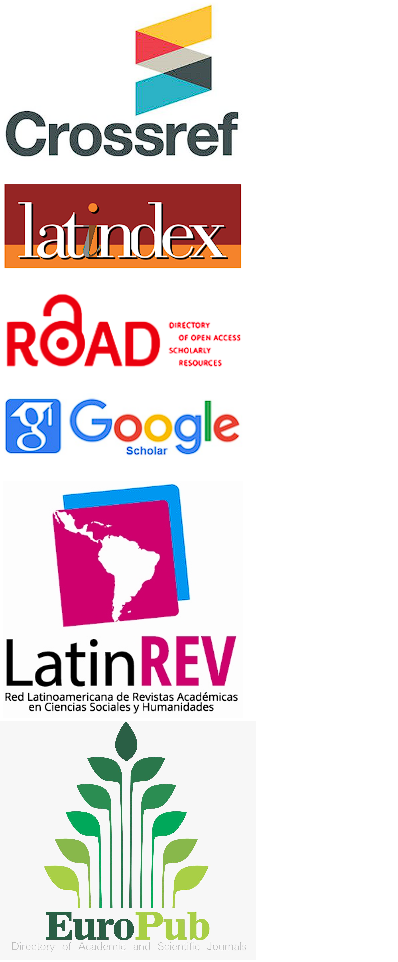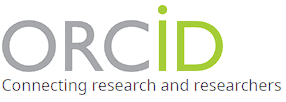Uso de Estrategias de Aprendizaje en el Idioma Inglés como Lengua Extranjera: Caso de Estudio de una Universidad Pública en México
DOI:
https://doi.org/10.58299/cisa.v6i1.76Resumen
El presente estudio tiene como finalidad identificar las estrategias de aprendizaje en el idioma inglés que emplean 139 estudiantes de una universidad pública en México. De acuerdo con los resultados obtenidos fue posible identificar que los estudiantes emplean principalmente 3 tipos de estrategias de aprendizaje: a) autorregulación metacognitiva, b) administración del tiempo y ambiente y c) estrategias de elaboración. Esta investigación deja abierta la posibilidad de investigar otros aspectos que pueden estar influyendo en los resultados negativos de los estudiantes en su examen de inglés de egreso, el cual es un requisito para la obtención de grado de licenciatura.
Citas
Anggarista, S., & Wahyudin, A. Y. (2022). A correlational study of language learning strategies
and English proficiency of university students at EFL context. Journal of Arts and Education, 1(2).
Capan, S.A., & Pektas, R. (2013). An empirical analysis of the relationship between foreign
language reading anxiety and reading strategy training. English Language Teaching, 6(12), 181-188. doi:10.5539/elt.v6n12p181
Chang, A. S. C. (1990). School-Based Intervention and Preservice Training in Effective Learning
Strategies.
Dmintreko, V. (2016). Language Learning Strategies of Multilingual Adults Learning Additional
Languages. International Journal of Multilingualism 14(1), 6-22. DOI: https://doi.org/10.1080/14790718.20 17.1258978.
Lee, J., & Heinz, M. (2016). English Language Learning Strategies Reported By Advanced
Language Learners. Journal of International Education Research
Lestari, M., & Wahyudin, A. Y. (2020). Language Learning Strategies of Undergraduate EFL
Students. Journal of English Language Teaching and Learning, 1(1), 25-30.
Mitchell, R., Myles, F., & Mardsen, E. (2013). Second Language Learning Theories. The
Modern Language Journal. 98(1) 482-483. doi: 10.1111/j.1540- 4781.2013.12070_4.x
O’Malley, J., & Chamot, A. (1990). Learning Strategies in Second Language Acquisition.
Cambridge: Cambridge University Press.
O’Malley, J. & Chamot, A. (1993). Learning Strategies in Second Language Acquisition. The
Modern Language Journal 76 (2), 312-334. DOI: 10.2307/329782.
Oxford, R.L., & Nyikos, M. (1989). Variable affecting choice of language learning strategies by
university students. The Modern Language Journal, 73(3) 291-300. Recuperado de http://www.jstor.org/stable/327003
Oxford, R.L. (1996). Language Learning Strategy around the World: Cross Cultural Perspective.
Manoa, HI: Second Language Teaching and Curriculum Center, University of Hawai.
Oxford, R.L. (2003). Language International Review of Applied Linguistics in Language
Teaching, 41(4), 271-278. doi:10.1515/iral.2003.012
Oxford, R.L. (2016). Teaching and Researching Language Learning Strategies: Self-Regulation
in Context, Second Edition (1st ed.). Routledge. https://doi.org/10.4324/9781315719146
Park, N. (2007). The influences of language anxiety on the use of learning strategies. The
Linguistic Association of Korea Journal, 15(3), 309-328. Recuperado de http://cm620.cafe24.com/data/thesis/11772329323526.pdf
Pintrich, P. R. (1991). A manual for the use of the Motivated Strategies for Learning
Questionnaire (MSLQ). National Center for Research to Improve Postsecondary Teaching and Learning.
Santihastuti, A., & Wahjuningsih, E. (2019). The learning strategies used by EFL students in
learning English. IJEE (Indonesian Journal of English Education), 6(1), 10-20.
Schmeck, R. R. (Ed.). (2013). Learning strategies and learning styles. Springer Science &
Business Media.
Suwanarak, K. (2012). English language learning beliefs, learning strategies and achievement of
Masters students in Thailand. TESOL in Context, S3, 1-15. Recuperado de http://www.tesol.org.au/files/files/275_kasma_suwanarak.pdf
Teng, Lin. (2022). Self-Regulated Learning and Language Learning Strategies. 10.1007/978-3-
-99520-1_2.
Yusuf, S. (2012). Language learning strategies of two Indonesian young learners in the USA.
International Journal of English Linguistics, 2(4) 65-72. doi:10.5539/ijel.v2n4p65
Salwah, S., & Ashari, N. W. (2016). The effectiveness of elaboration strategy in improving student’s learning achievement. Pedagogy: Jurnal Pendidikan Matematika, 1(1).
Rifqi, B. (2017). Students' Learning Strategies in Successfully Studying at Two Majors (Doctoral dissertation, UIN Ar-Raniry).







